No Bake Lemon Cheesecake
HOW TO MAKE NO BAKE LEMON CHEESECAKE
To make my no bake lemon cheesecake, I used Further Food’s lemon collagen!
It is not only delicious, it is super beneficial to our bodies!
Collagen Supplementation: Evidence-Based Applications for Health and Performance
Collagen, the most abundant structural protein in the human body, comprises approximately 30% of total protein content and plays a central role in maintaining the integrity of connective tissues, skin, tendons, cartilage, and bone. With increasing age, endogenous collagen synthesis declines, contributing to visible signs of aging and the deterioration of musculoskeletal and dermal health.
In recent years, collagen supplementation—particularly hydrolyzed collagen peptides—has gained traction as a targeted intervention for skin health, joint integrity, bone preservation, and muscle support. This article evaluates the current body of literature on collagen peptide supplementation, focusing on clinically relevant outcomes and dosage protocols.
1. Dermatological Applications: Skin Elasticity, Hydration, and Density
Multiple double-blind, placebo-controlled trials have established the efficacy of hydrolyzed collagen in improving skin health. A 2019 systematic review and meta-analysis in the Journal of Drugs in Dermatology concluded that daily supplementation with 2.5 to 10 g of collagen peptides over 8–12 weeks significantly improved skin elasticity, hydration, and dermal collagen density (Zague et al., 2019).
Mechanism: Bioactive collagen peptides stimulate dermal fibroblasts via collagen receptor binding, promoting extracellular matrix remodeling and enhancing hyaluronic acid production.
2. Joint Health: Osteoarthritis and Exercise-Induced Joint Pain
Collagen peptides have been shown to alleviate joint pain associated with both degenerative conditions and physical activity. In a seminal 24-week RCT, Clark et al. (2008) reported that 10 g/day of collagen hydrolysate significantly reduced joint pain during activity in physically active adults compared to placebo.
Clinical Insight: Collagen peptides may support cartilage regeneration by increasing the synthesis of type II collagen and aggrecan, modulating joint inflammation and improving mobility.
3. Bone Metabolism: Density and Structural Integrity
Collagen accounts for roughly 90% of organic bone matrix. A 12-month randomized controlled trial published in Nutrients (König et al., 2018) demonstrated that postmenopausal women receiving 5 g of specific bioactive collagen peptides daily experienced statistically significant increases in bone mineral density at the lumbar spine and femoral neck, compared to placebo.
Interpretation: These outcomes suggest collagen peptides influence bone turnover markers, potentially reducing osteopenia and fracture risk in aging populations.
4. Sarcopenia and Muscle Mass Preservation
Though collagen is not a complete protein (due to its low leucine and tryptophan content), it may support lean body mass when consumed adjunctively with resistance training. A 2015 RCT in older men found that 15 g/day of collagen peptides taken post-exercise led to increased fat-free mass and improved muscular strength over a 12-week period (Zdzieblik et al., British Journal of Nutrition, 2015).
Mechanism: Glycine and arginine may enhance creatine synthesis and growth factor expression, indirectly supporting hypertrophy in sarcopenic populations.
5. Gastrointestinal Support: Potential in Mucosal Repair
Although human clinical trials remain limited, preclinical data suggest that collagen peptides—particularly glycine-rich sequences—may contribute to gut barrier function and reduce intestinal permeability. Animal models have demonstrated improvements in tight junction protein expression and reduced inflammatory cytokine activity (Chen et al., Journal of Clinical Biochemistry and Nutrition, 2017).
Note: This application remains speculative in human models but is under investigation in integrative and clinical nutrition research.
Dosing and Practical Considerations
| Application | Dose | Duration |
|---|---|---|
| Skin Health | 2.5–10 g/day | 8–12 weeks |
| Joint Support | 10 g/day | 12–24 weeks |
| Bone Density | 5 g/day | 12 months |
Absorption Enhancers: Co-administration with vitamin C supports collagen synthesis by activating prolyl and lysyl hydroxylase enzymes required for triple helix stabilization.
Conclusion
Collagen supplementation is supported by a growing body of evidence for applications ranging from skin rejuvenation and joint support to bone metabolism and sarcopenia management. While it should not replace complete proteins in the diet, it serves as a valuable adjunct for structural tissue support—particularly in aging populations and physically active individuals.
As always, clinicians and nutrition professionals should individualize recommendations based on patient needs, dietary context, and health status. Given its low allergenicity, favorable safety profile, and multi-system benefits, hydrolyzed collagen peptides represent a clinically useful tool in health optimization.
Stock up on Further Food collagen so you can have beautiful skin for decades!
Further Food is so generous, when you use code MariaMindBody, you SAVE!
Click HERE to stock up on Further Food!

No Bake Lemon Cheesecake
Ingredients
NO BAKE CRUST:
- 1 1/2 cups pork dust (or pecan meal)
- 1/4 cup powdered allulose
- 1/4 cup butter melted
NO BAKE LEMON CHEESECAKE:
- 12 ounces cream cheese at room temperature
- 2 scoops Further Food Lemon Collagen
- 2 tablespoons Sour Cream
- 2 tablespoons lemon juice
- 3/4 cup powdered allulose
- 1 1/2 cups heavy cream
- 1 tablespoon Further Food gelatin
- 1/4 teaspoon Redmond Real salt
Instructions
- To make the crust place all the ingredients into a large bowl and stir well to combine.
- Divide the crust into 10 small jars. Press firmly into the bottom and set in the fridge to set.
- While the crust chills, make the filling. Place the cream cheese into a large bowl and stir well until there are no clumps. Add the lemon collagen, sour cream, lemon juice, powdered allulose and stir well.
- Place 2 tablespoons heavy cream into a small bowl and add the gelatin. Stir well to combine, then heat in 15 second increments in the microwave until the gelatin has melted. Use a spatula to combine the gelatin mixture into the cream cheese mixture.
- Place the rest of the cream into a large bowl and use a hand mixture until stiff peaks form. Stir the whipped cream into the cream cheese mixture. Add the salt and stir well. Taste and adjust sweetness to your liking.
- Divide the cream cheese filling evenly into the jars with the chilled crust. Place back into the fridge for 3-4 hours or until set.
- Store covered in the fridge for up to 5 days. Do not freeze.
Video
Nutrition
TESTIMONY OF THE DAY
Does your doctor think Type 2 diabetes can’t be reversed? Sadly, most do!
“My journey with Maria Emmerich started in December of 2014. I was generally happy, a mommy and wife, feeling overall decent in my health. I went in that month for a routine health exam and got results I didn’t expect. My A1C was 12.5! I was a full fledged Type 2 diabetic.
I was scared and sad and shouldn’t have been surprised, I was at a top weight for me, 208 lbs at 5’2. I had gotten used to that body. I was in a healthy marriage, enjoying life genuinely, but I had to face the truth that regardless of that, I was not healthy. I was in a dangerous spot.
Immediately I was told what I’d been prescribed, and that I was to begin medicine that very day. I remember leaving work and not being able to sleep that night. Something inside me didn’t accept that my destiny was to live as a diabetic, taking medicine and eventually insulin. That next day I told myself: you have to look elsewhere for answers.
My cousin and close friend, Brooke, had been following a woman named Maria Emmerich for months, had been eating and living a “keto” lifestyle. I got to work researching Maria. I met with Brooke that day and we poured through her books and online presence. I had a feeling that she was my answer.
I started THAT DAY. I didn’t look back. I went all in. To be honest, it wasn’t that difficult to adjust! I started a fitness journey with Brooke, noticing that with my keto adapted lifestyle, I was more energetic and more motivated than ever.
6 months later I went in for lab work, a recheck, and my A1C was 5.8! I was 40 lbs less and truthfully, I looked 10 years younger. I was so thrilled with all of it. I felt light! I remember reaching out to Maria and thanking her from the bottom of my heart. She responded within an hour.
over 9 years later, and I’m still here, still controlling my blood sugar levels, still keto adapted. Still beyond grateful for this answer. 80 lbs lighter, 48 years old tomorrow, stronger than I was at 38 years old. Did I relax here and there? Not really to be honest. It has become my life. I am so grateful. So so grateful to Maria!” Amy Jo


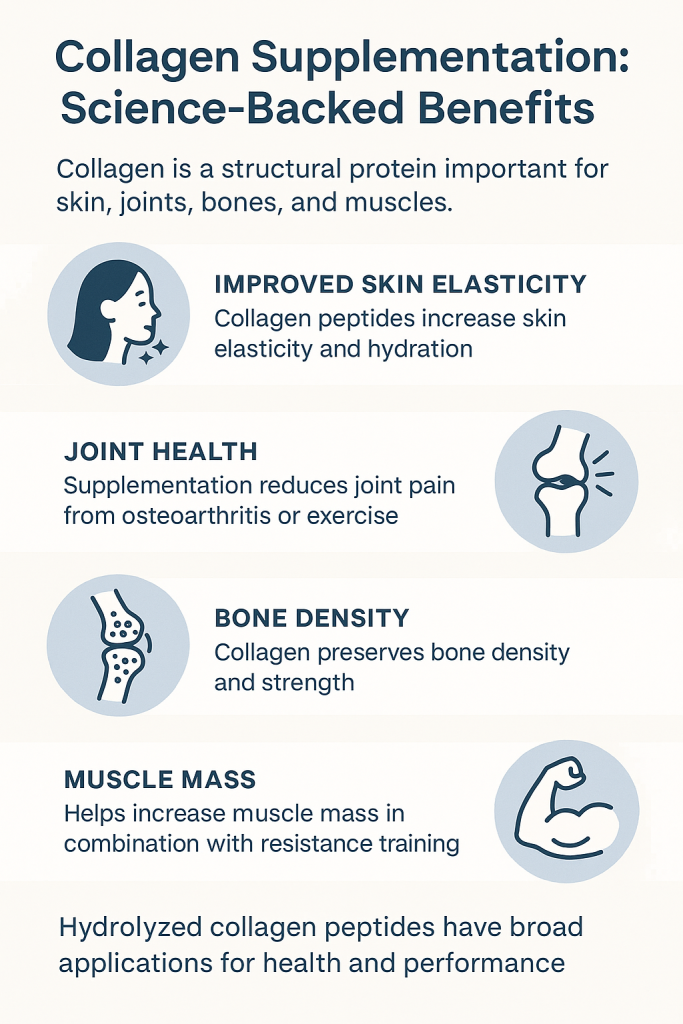
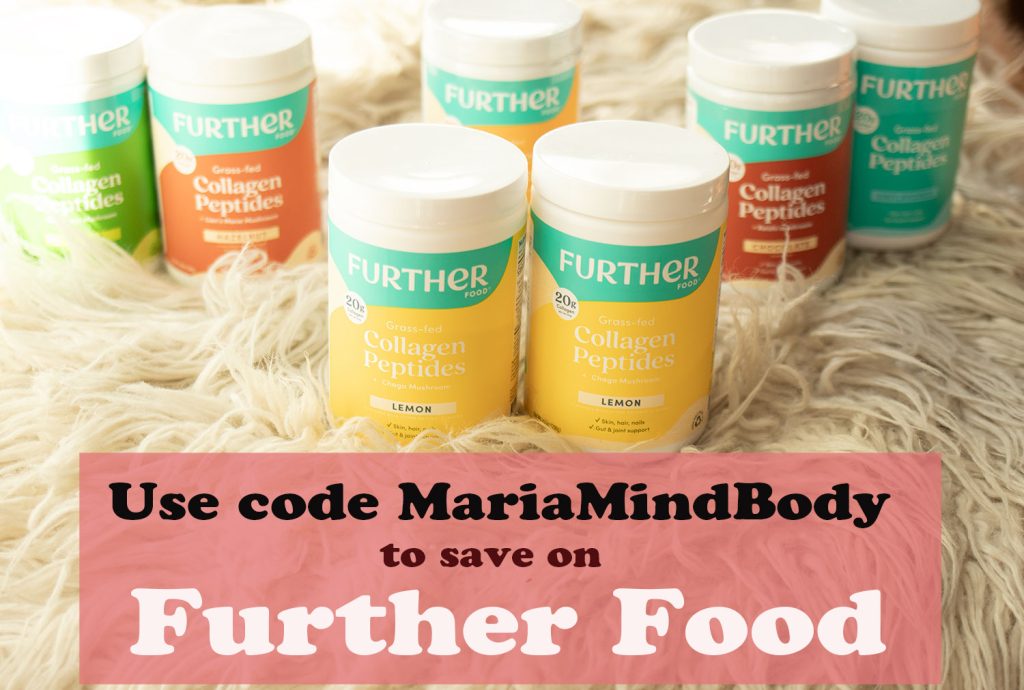
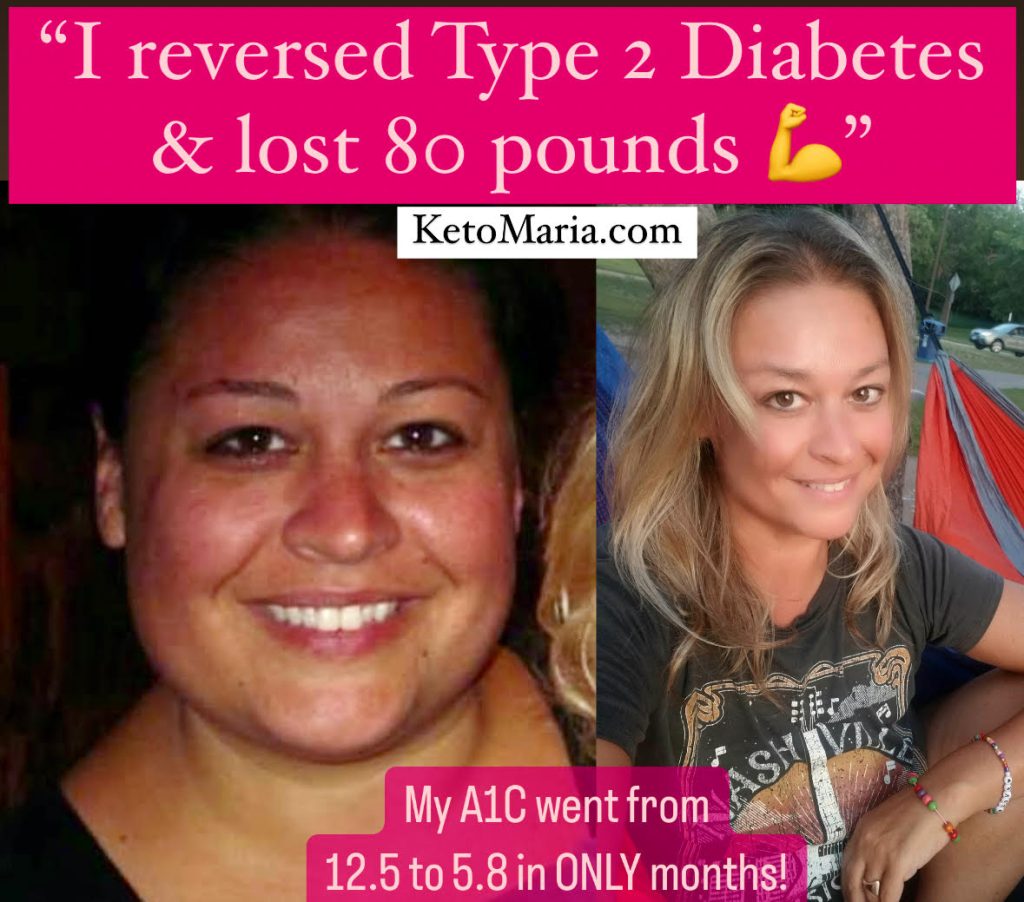

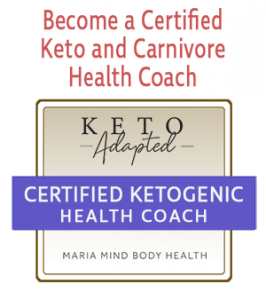

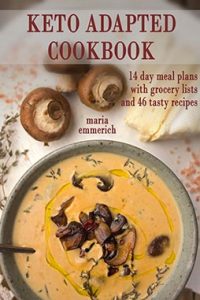

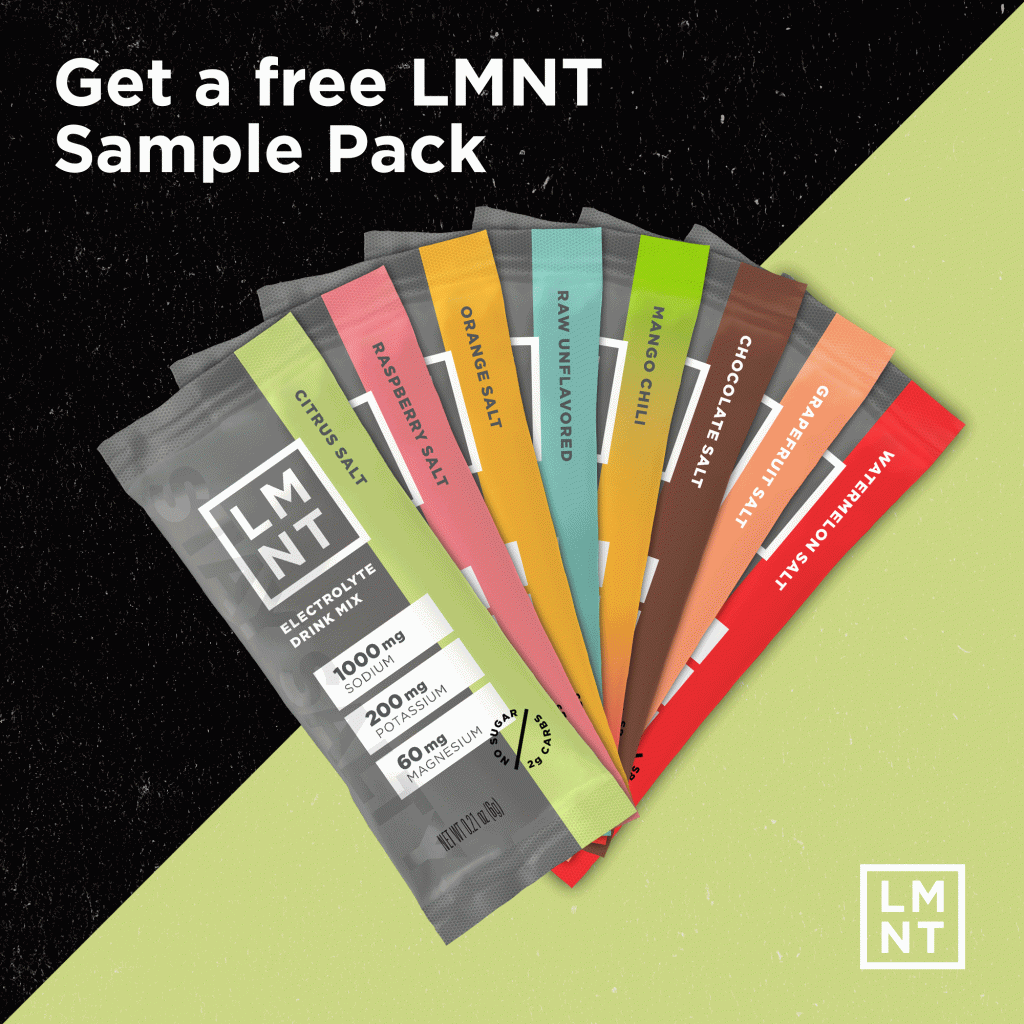



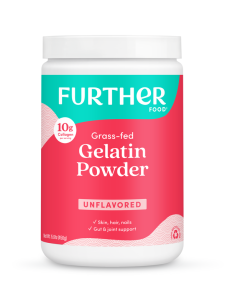

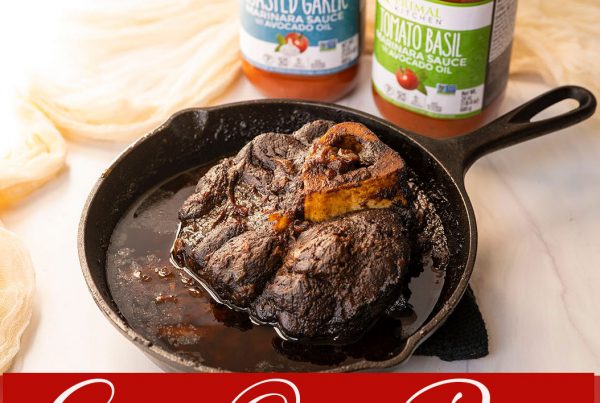
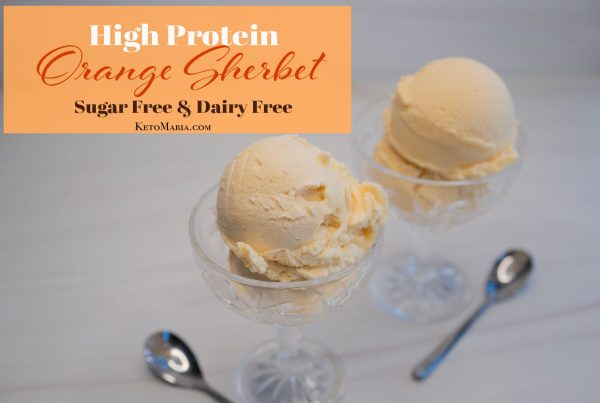

Is pecan meal the same as fine ground pecan flour?
It’s a bit more course than pecan flour but you could use that too 🙂
I made this today, but put it in an 8×8 instead of individual containers. The taste is AMAZING!!! It’s traveling with me this weekend, and I know it’s going to be a big, healthy hit!! Thank you, Marie and Craig, for the wonderful services you provide!!
So glad you loved it!